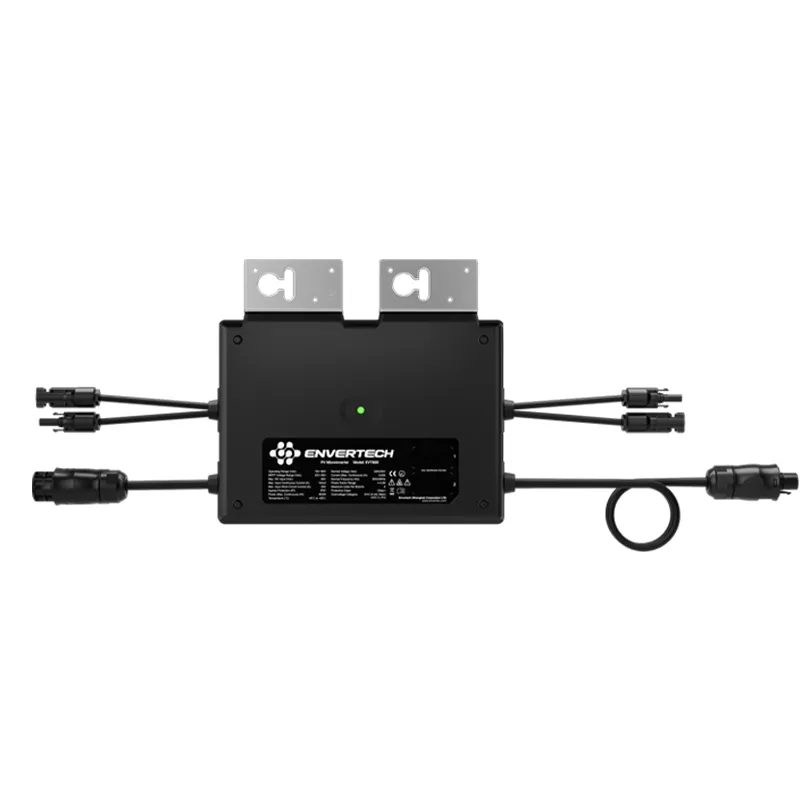Understanding Solar Panel Modules and Their Impact on Renewable Energy Solutions
Understanding Solar Panel Modules The Heart of Solar Energy Systems
In recent years, the transition to renewable energy sources has gained momentum as a solution to combat climate change and reduce dependence on fossil fuels. Among the various technologies available, solar energy has emerged as one of the most accessible and efficient. Central to harnessing solar energy are solar panel modules, which convert sunlight into electricity. This article explores the components, functionality, advantages, and future of solar panel modules.
What Are Solar Panel Modules?
Solar panel modules, often referred to simply as solar panels, consist of numerous solar cells that convert sunlight into electricity through the photovoltaic effect. Typically made from silicon, these solar cells are encapsulated between layers of glass and protective materials, ensuring durability and efficiency. A standard solar panel module usually has a capacity ranging from 250 to 400 watts, depending on the technology used and the size of the module.
How Do Solar Panel Modules Work?
The working principle of solar panel modules is relatively straightforward. When sunlight strikes the solar cells, it excites electrons in the silicon material, creating an electric field. This electric field forces the electrons to flow, generating direct current (DC) electricity. This DC electricity is then converted into alternating current (AC) electricity using an inverter, making it usable for homes and businesses.
The efficiency of a solar panel module depends on several factors, including the quality of the solar cells, the amount of sunlight available, and the installation angle and orientation of the panels. Modern solar panels usually have an efficiency of around 15-22%, with advancements in technology pushing these numbers higher.
Types of Solar Panel Modules
There are primarily three types of solar panel modules monocrystalline, polycrystalline, and thin-film
.1. Monocrystalline Solar Panels These panels are made from a single crystal structure, allowing them to achieve higher efficiency and take up less space. They tend to perform better in low-light conditions and have a longer lifespan, typically exceeding 25 years.
2. Polycrystalline Solar Panels Made from multiple crystal structures, polycrystalline panels are generally less expensive to produce than monocrystalline panels. However, they offer slightly lower efficiencies and may require more space.
3. Thin-Film Solar Panels These panels are made from a variety of materials, including cadmium telluride and amorphous silicon. They are lightweight, flexible, and ideal for applications where traditional panels cannot be used. However, thin-film panels tend to have lower efficiencies and require more space for installation.
solar panel module

Advantages of Solar Panel Modules
Investing in solar panel modules offers numerous benefits
- Renewable Energy Source Solar energy is abundant and sustainable, reducing reliance on non-renewable sources of energy. - Lower Electricity Bills Generating your own electricity can significantly reduce or eliminate monthly energy costs, yielding savings in the long run.
- Environmental Impact Solar panels produce clean energy, decreasing carbon emissions and contributing to a reduction in air pollution.
- Increased Property Value Homes equipped with solar panels often see an increase in value, appealing to environmentally conscious buyers.
- Energy Independence Generating your own electricity reduces dependence on grid power and enhances energy security.
The Future of Solar Panel Technology
The solar technology landscape is continuously evolving, with advancements aimed at enhancing efficiency and reducing costs. Innovative materials, such as perovskite solar cells, show promise for higher efficiency levels and lower production costs. Additionally, the integration of battery storage solutions is becoming more common, allowing solar energy to be stored and used during non-sunny periods.
As governments worldwide implement policies to support clean energy initiatives, the demand for solar panel modules is expected to rise. This growth will contribute to the global effort to combat climate change and promote sustainable living.
Conclusion
Solar panel modules play a crucial role in the transition to renewable energy, offering a clean, efficient, and sustainable source of power. With various types of panels available to suit different needs and advancements continually pushing the boundaries of technology, solar energy is positioned to be a key player in the future of global energy generation. Investing in solar panel modules not only benefits individuals but also contributes to the health of our planet for generations to come.
-
Unlocking Energy Freedom with the Off Grid Solar InverterNewsJun.06,2025
-
Unlock More Solar Power with a High-Efficiency Bifacial Solar PanelNewsJun.06,2025
-
Power Your Future with High-Efficiency Monocrystalline Solar PanelsNewsJun.06,2025
-
Next-Gen Solar Power Starts with Micro Solar InvertersNewsJun.06,2025
-
Harnessing Peak Efficiency with the On Grid Solar InverterNewsJun.06,2025
-
Discover Unmatched Efficiency with the Latest String Solar InverterNewsJun.06,2025







